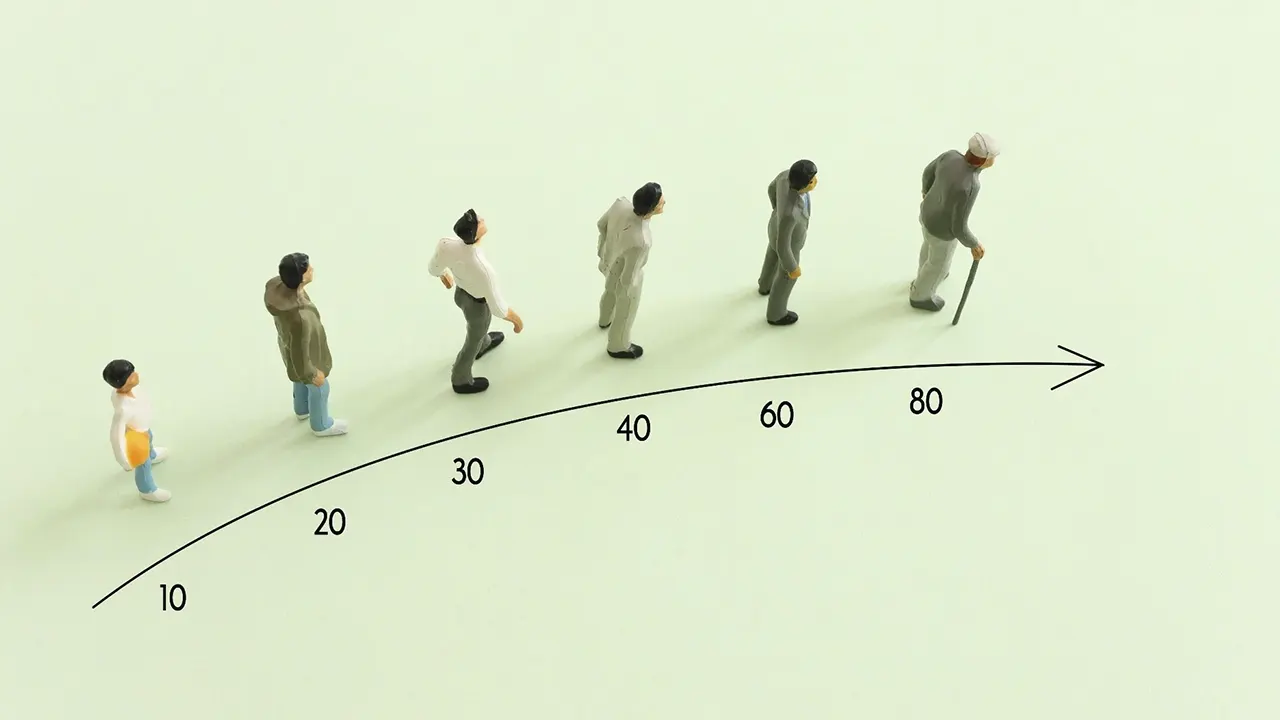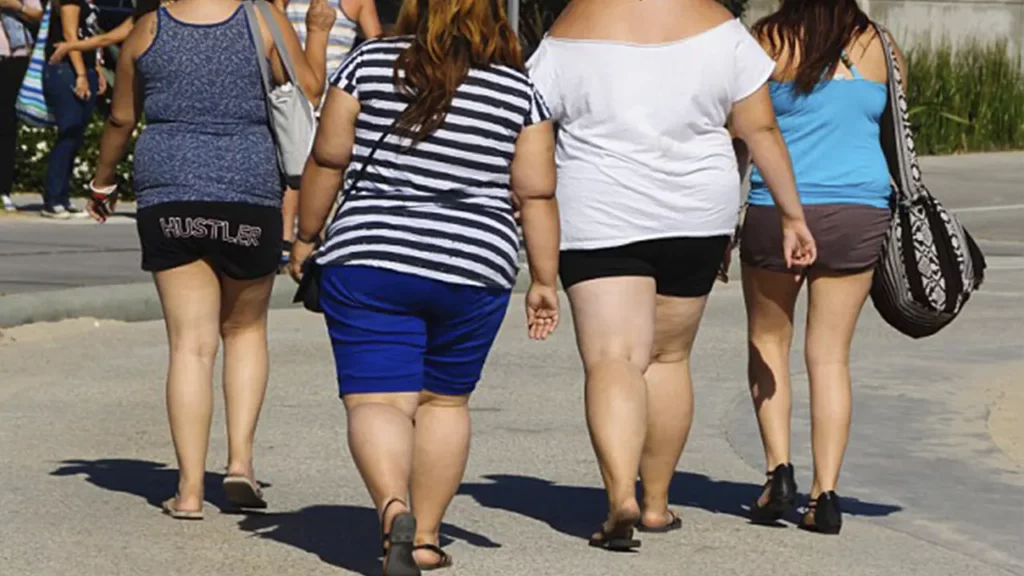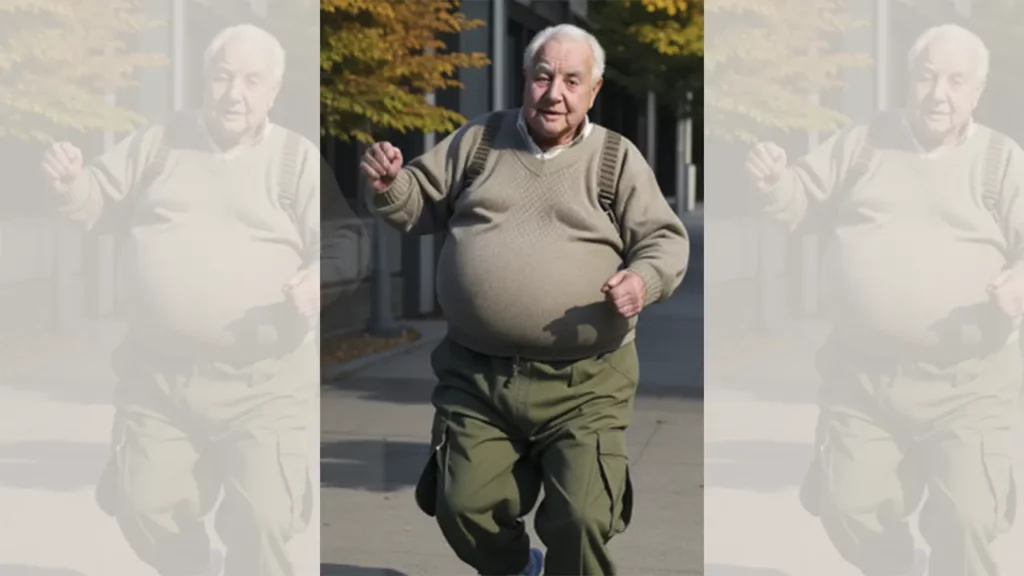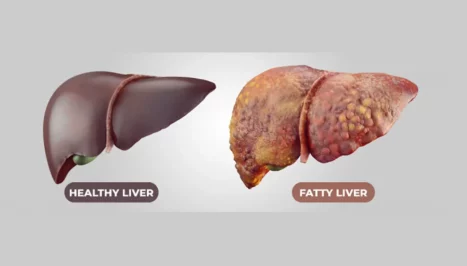A Complete Guide to the Ideal Age for Weight Loss Surgery

Many people believe that there is a specific “golden” age for weight loss surgery. However, the reality is that determining the ideal age for this surgery is more complex than just a number on your ID. In this article, we will explore this issue in detail. By the end, you will understand exactly what the ideal age for weight loss surgery is, and when it might be too early or too late to undergo the procedure.
Why Is Age Important?
It’s simple: obesity is no joke! Each year you live with excess weight, you put extra strain on your body. Conditions like diabetes, high blood pressure, and joint pain get worse over time. Therefore, it’s logical to take action as early as possible, while you are still within the ideal age for weight loss surgery, to prevent these long-term health issues.
On the other hand, weight loss surgery is a major decision. It is not just a simple operation—it represents a lifelong commitment. You need to be mentally, physically, and yes, age-wise mature enough to take responsibility for such a significant change. That’s why the ideal age for weight loss surgery becomes an important consideration.
Let’s look at different ages to better understand the ideal age for weight loss surgery
Let’s break down what weight loss surgery looks like at different stages of life.
Weight Loss Surgery for Teenagers (Under 18)
This is the most sensitive age group. In the past, surgeons rarely operated on teenagers. However, as obesity rates in youth rise, surgery sometimes becomes the only viable solution.
For teenagers, criteria are strict:
- Physical growth must be complete.
- Obesity must be severe enough to threaten health (e.g., type 2 diabetes).
- All other non-surgical methods must have been tried and failed.
- Most importantly, both the teenager and their family must fully understand the responsibility involved.
If these conditions are met, surgery can prevent a lifetime of health problems.

Weight Loss Surgery in Young Adults (18–30 Years)
Many surgeons consider this one of the best times for surgery. Your body is at its peak:
- Faster recovery: Young bodies heal more quickly, shortening downtime and reducing complications.
- Better skin elasticity: Skin retains more elasticity, minimizing sagging after significant weight loss.
- Prevention of long-term health issues: Obesity hasn’t yet caused permanent damage, so surgery effectively safeguards future health.
- Long-term quality of life: Achieving ideal weight early allows for confident, healthy living that impacts work, education, and relationships positively.
The main challenge: young adults may sometimes overlook post-surgery guidelines due to enthusiasm and impatience.

Weight Loss Surgery in Middle Age (30–60 Years)
Most patients fall within this age range. They:
- Have battled obesity for years.
- Have tried multiple diets.
- Have reached a point where surgery is the next option.
Why this range can be considered the ideal age for weight loss surgery:
- High motivation: By 40–50, you feel the consequences of obesity firsthand—joint pain, shortness of breath, and medication reliance.
- Improved health outcomes: Surgery can reset the body, helping manage or even reverse obesity-related conditions.
- Regaining life quality: This age group often experiences the biggest improvement in daily life, from playing with grandchildren to traveling comfortably.
Challenges: Pre-existing conditions may slightly increase surgical risk, and skin may sag more after weight loss.

Weight Loss Surgery in Older Adults (Over 60 Years)
Previously, surgeons avoided patients over 60. Today, chronological age is less important than “biological age”—heart, lung, and overall health matter most. A healthy 65-year-old may be a better candidate than a 50-year-old with heart problems.
Goals of surgery in this age group:
- Maintain independence: Reduce joint pain, allowing for daily activities and mobility.
- Reduce medication reliance: Improved control over diabetes and blood pressure lowers daily pill intake.
Main challenge: surgical and anesthesia risks are naturally higher, and recovery may take longer.

Summary Table
| Age Range | Benefits | Challenges |
|---|---|---|
| Teenagers (<18) | Prevents lifelong health issues | Requires high mental readiness |
| Young Adults (18–30) | Faster recovery, less sagging skin | Must be committed to guidelines |
| Middle Age (30–60) | High motivation, improved health outcomes | Higher chance of sagging skin |
| Seniors (>60) | Better quality of life and independence | Higher surgical risk, slower recovery |
Age Is Just a Number—These Are More Important
As seen, the ideal age for weight loss surgery is not fixed. Factors more critical than your birth date include:
- Health status: Can your heart and lungs handle major surgery?
- Understanding the procedure: Do you know this is a tool, not a magic solution?
- Commitment: Are you ready to change lifelong habits?
- Support system: Do you have people to help you through recovery?
If the answer is yes to these, you are likely at the ideal age for weight loss surgery, regardless of your chronological age.
Also read this: 11 Important Things You Should Do Before Weight Loss Surgery
Consult a Qualified Surgeon First
The best age for surgery is when you are fully prepared. Focus on health and mental readiness rather than numbers. Consult a professional bariatric surgery team to determine if now is the right time for you.
If you wish, you can contact Dr. Taha Anbara in Turkey today for guidance on weight loss surgery. Our team will explain everything you need to know.

Frequently Asked Questions About the Ideal Age for Weight Loss Surgery
Typically, ages 18–65 are considered standard, but exceptions exist for younger or older patients.
No, weight loss is similar across ages. The main difference lies in recovery speed and skin elasticity.
Not at all. You fall into a group that benefits greatly from surgery and can significantly improve diabetes control.
Yes, many set an upper age limit (e.g., 60–65) for coverage. Check with your insurer.
No. Surgery is for treating obesity-related health issues, not cosmetic weight reduction.



